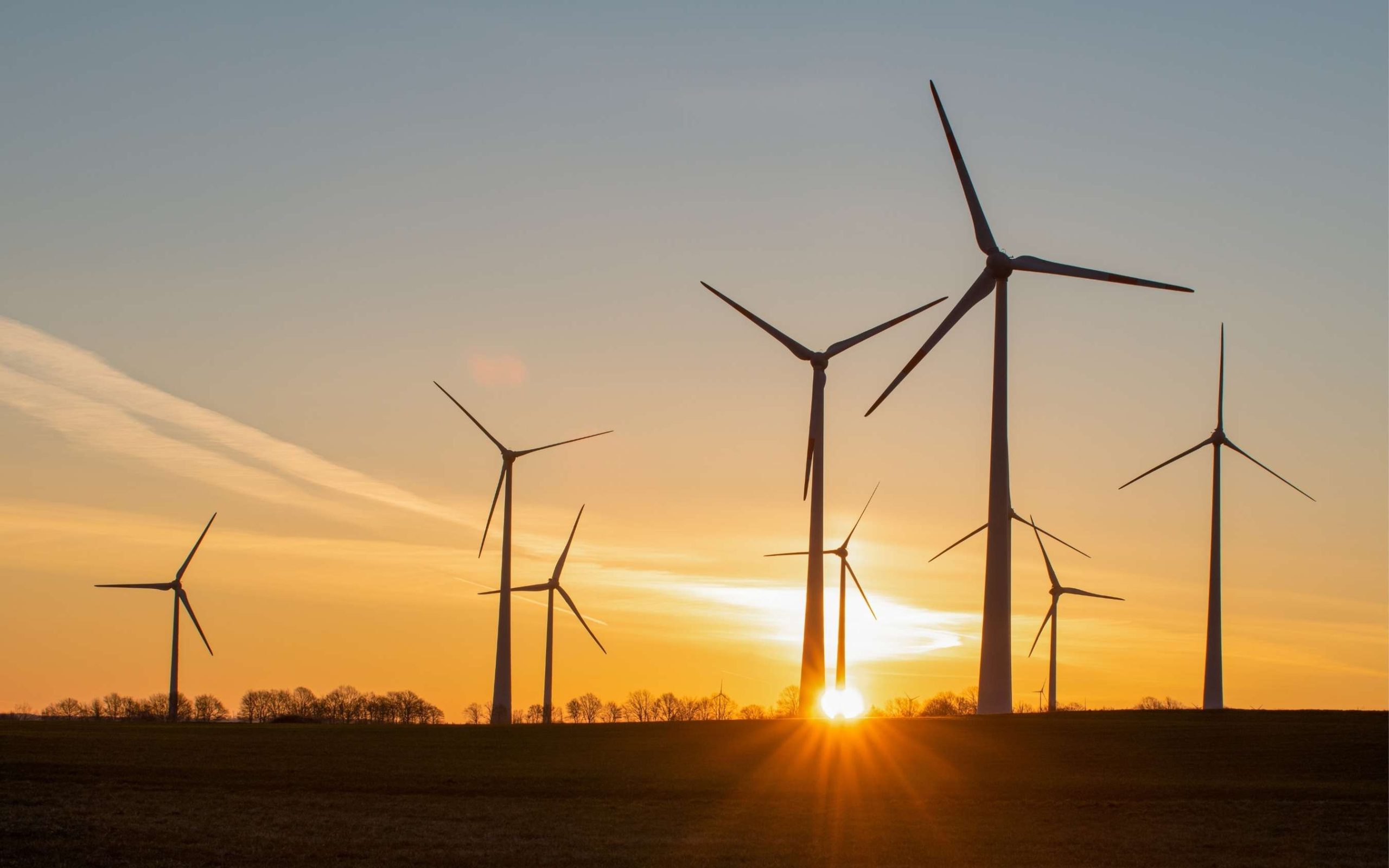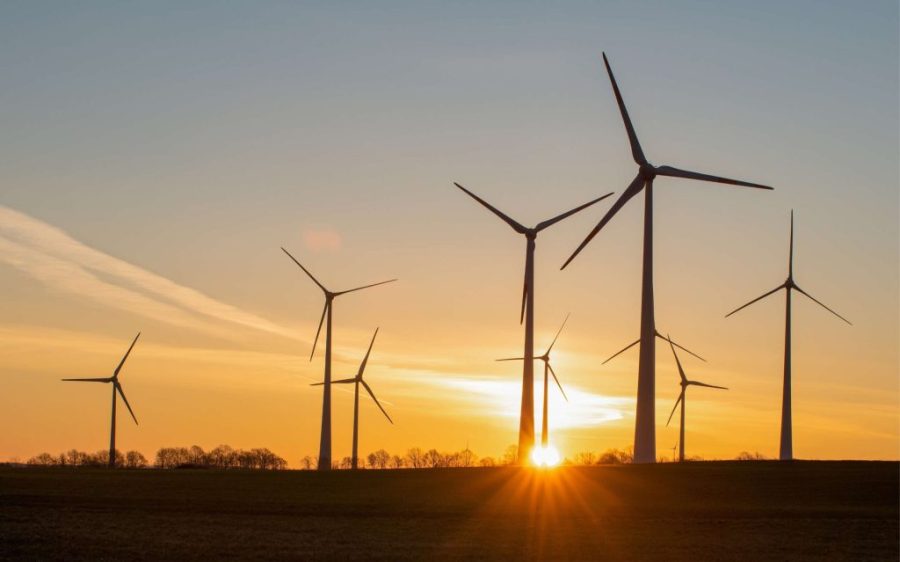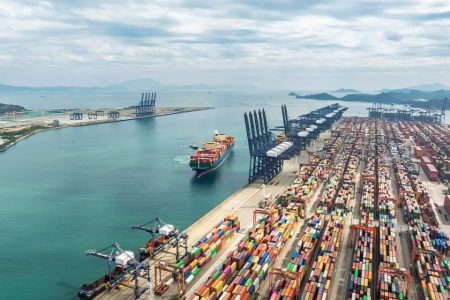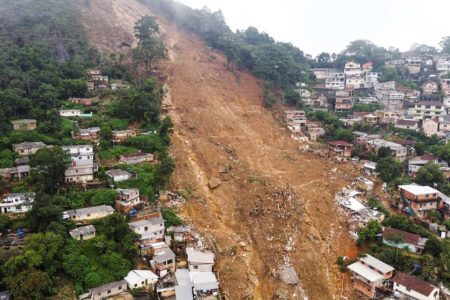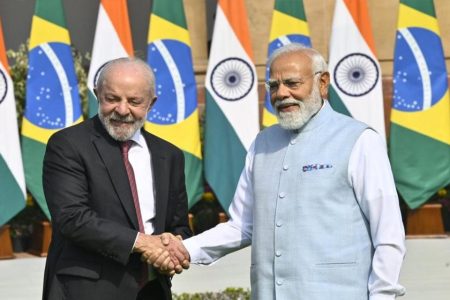The African Development Bank (AfDB) has announced approval of a US$54 million loan as part of a larger funding package to build Mozambique’s first utility-scale wind power project.
The 120 MW onshore wind farm will be built in Namaacha, located about 50 kilometres west of Maputo and is expected to generate 331.6 GWh annually. Additional financing for the US$224.5 million project is also expected from the International Finance Corporation (IFC), US International Development Finance Corporation (DFC), and others. National electricity utility EDM will be the sole user of the farm under a 25-year power purchase agreement.
“This wind project represents a milestone for Mozambique and underscores the bank’s strong commitment to advancing clean, renewable energy solutions in the region,” said Kevin Kariuki, vice president for power, energy, climate and green growth at AfDB. “It will not only enhance energy security but also facilitate regional electricity trade, benefiting Mozambique’s socio-economic development.”
[See more: Mozambique plans new solar energy plant as part of its ‘true solar revolution’]
Mozambique’s energy mix is currently dominated by hydropower and gas. Hydropower, while a source of clean energy, is particularly vulnerable to drought and climate change. A single hydroelectric dam in Mozambique, the massive Cahora-Bassa Hydroelectric Plant, accounts for more than 82 percent of the country’s electricity.
The new wind farm is meanwhile expected to reduce annual carbon emissions by around 72,000 tons and support economic growth and job creation. Construction will create 600 jobs while operation will create 20 permanent jobs, with both phases putting focus on employing women and youth.
The new wind farm will also allow Mozambique to capitalise on increased energy trade through the Southern African Power Pool (SAPP) and checks two other big boxes: further aligning Mozambique, one of the worst affected countries by climate change, with the Paris climate goals, and boosting the government’s Energy for All by 2030 programme, an ambitious effort given that half the population currently has no access to electricity.
